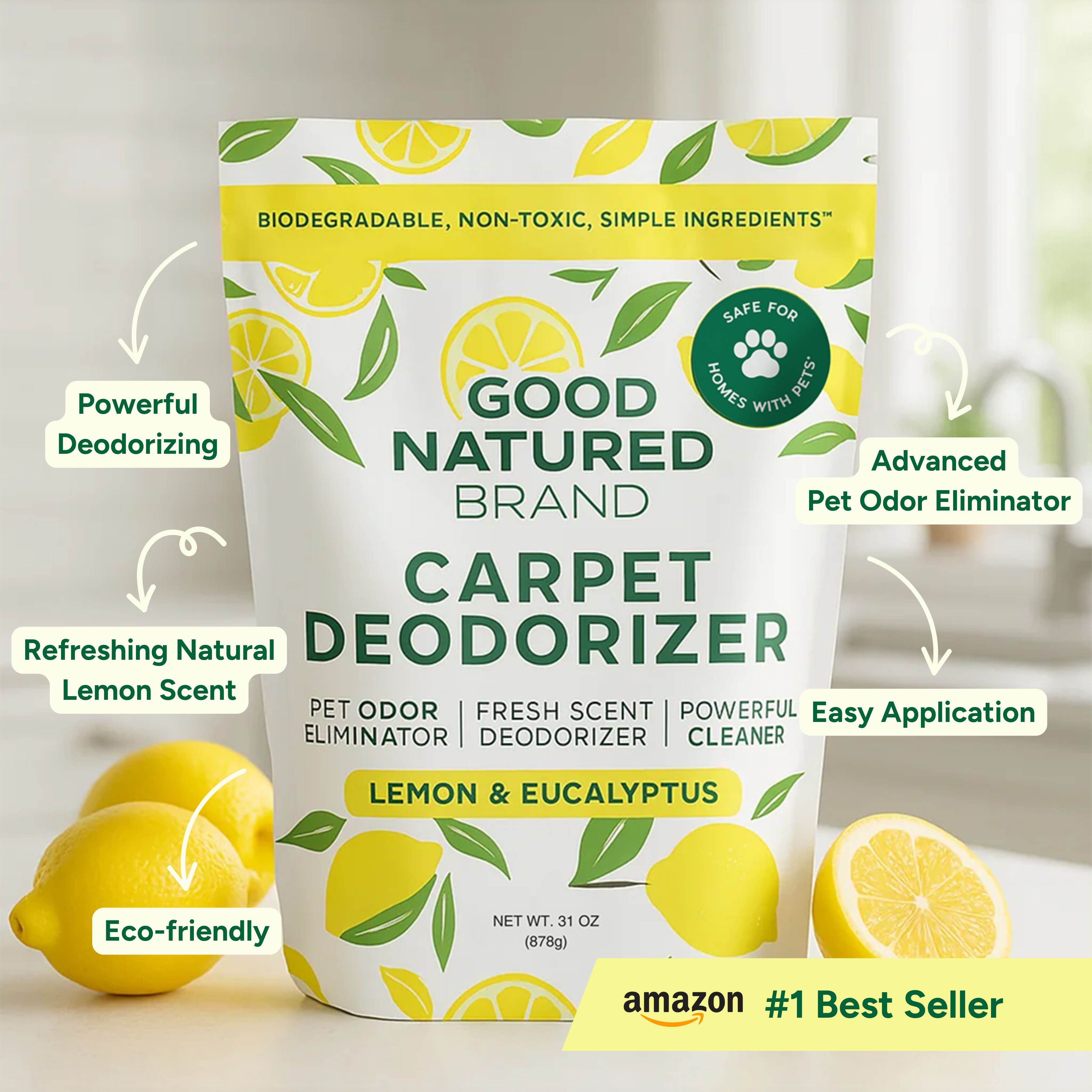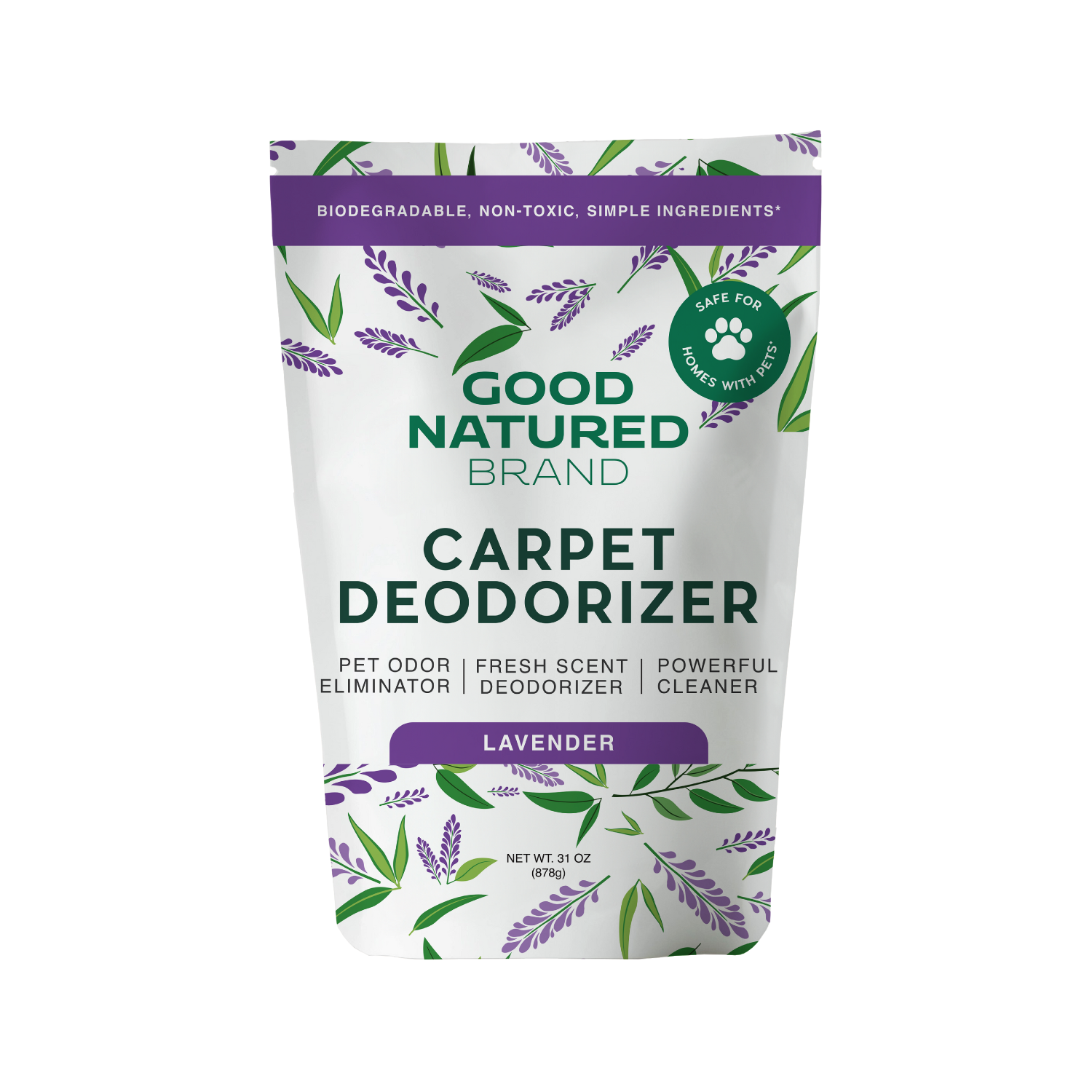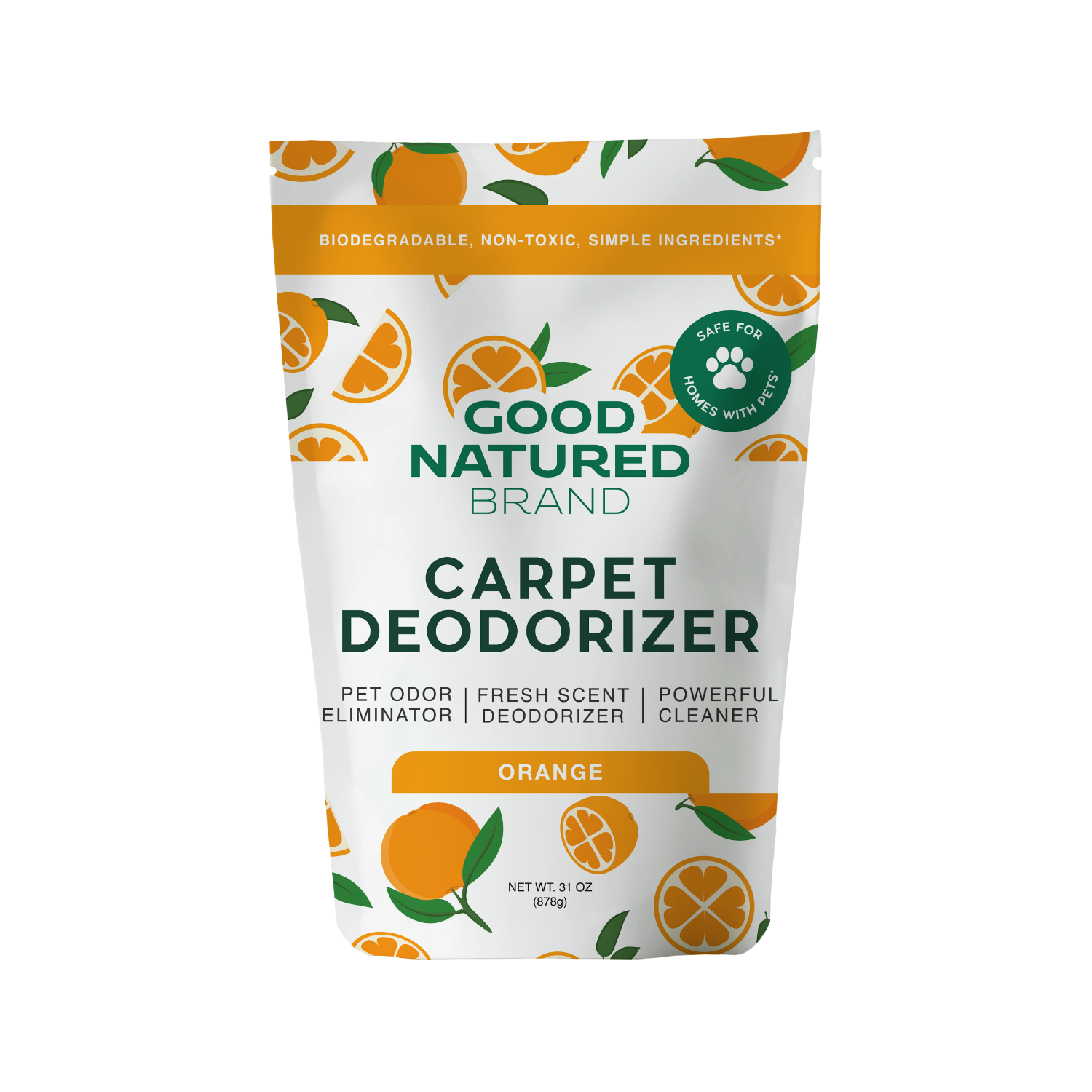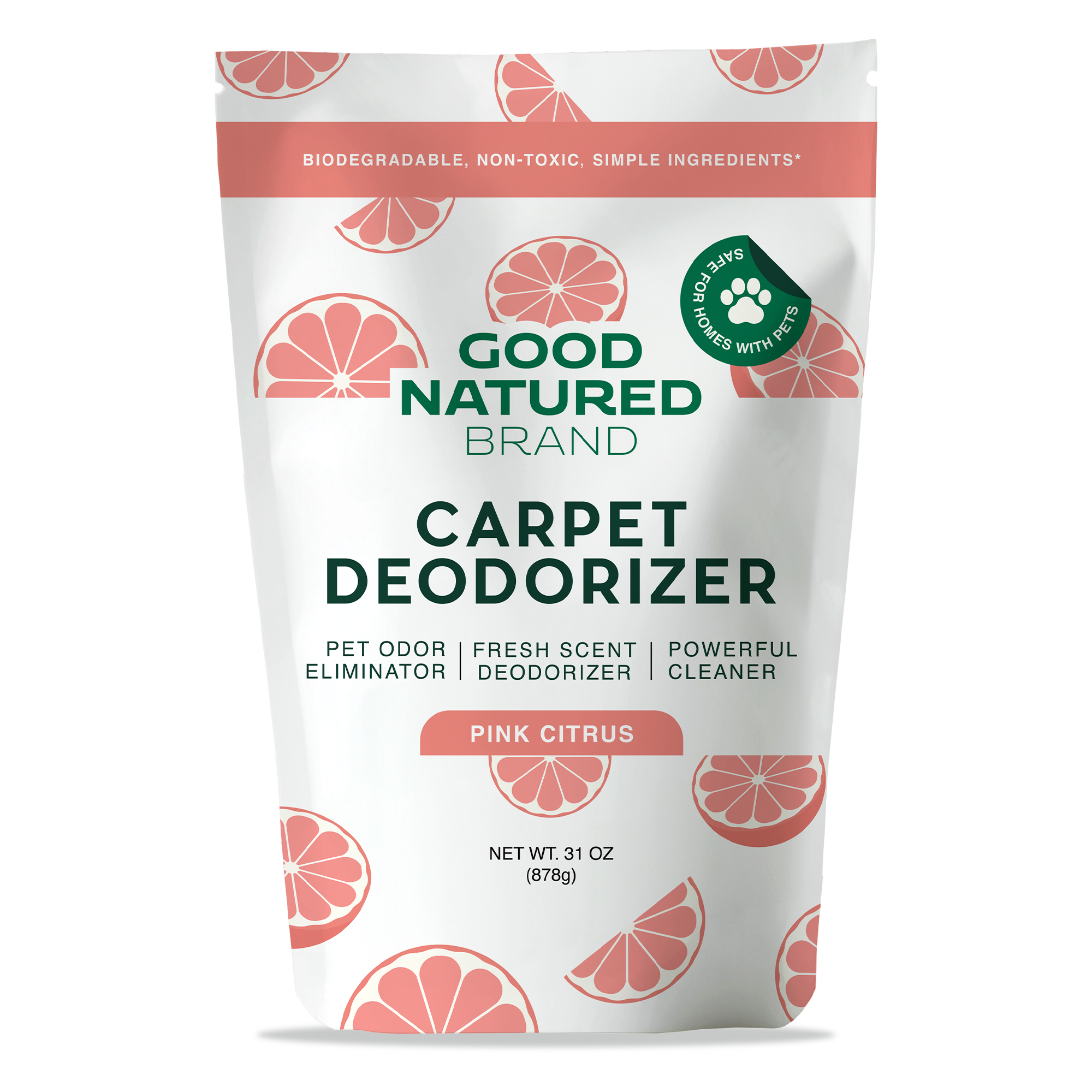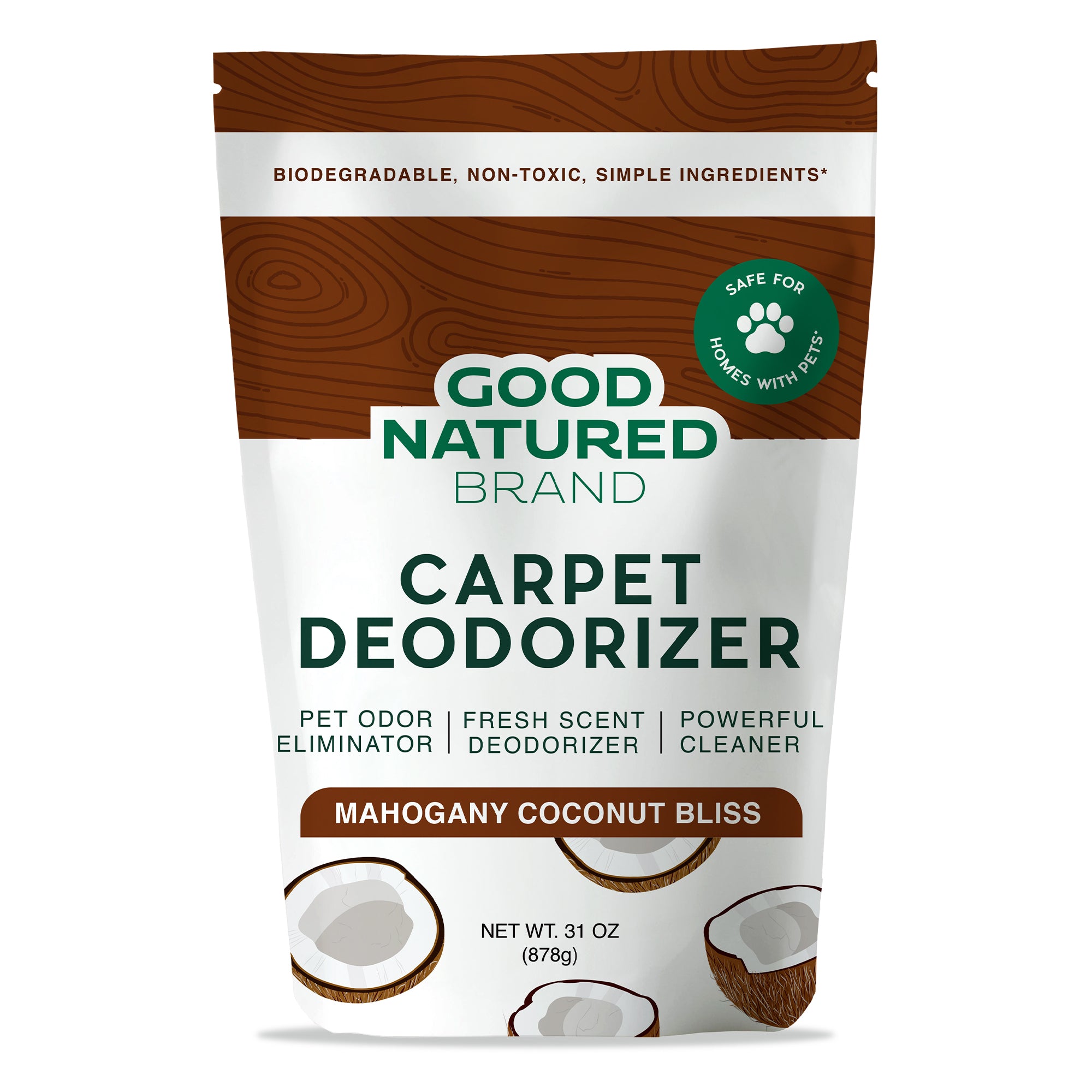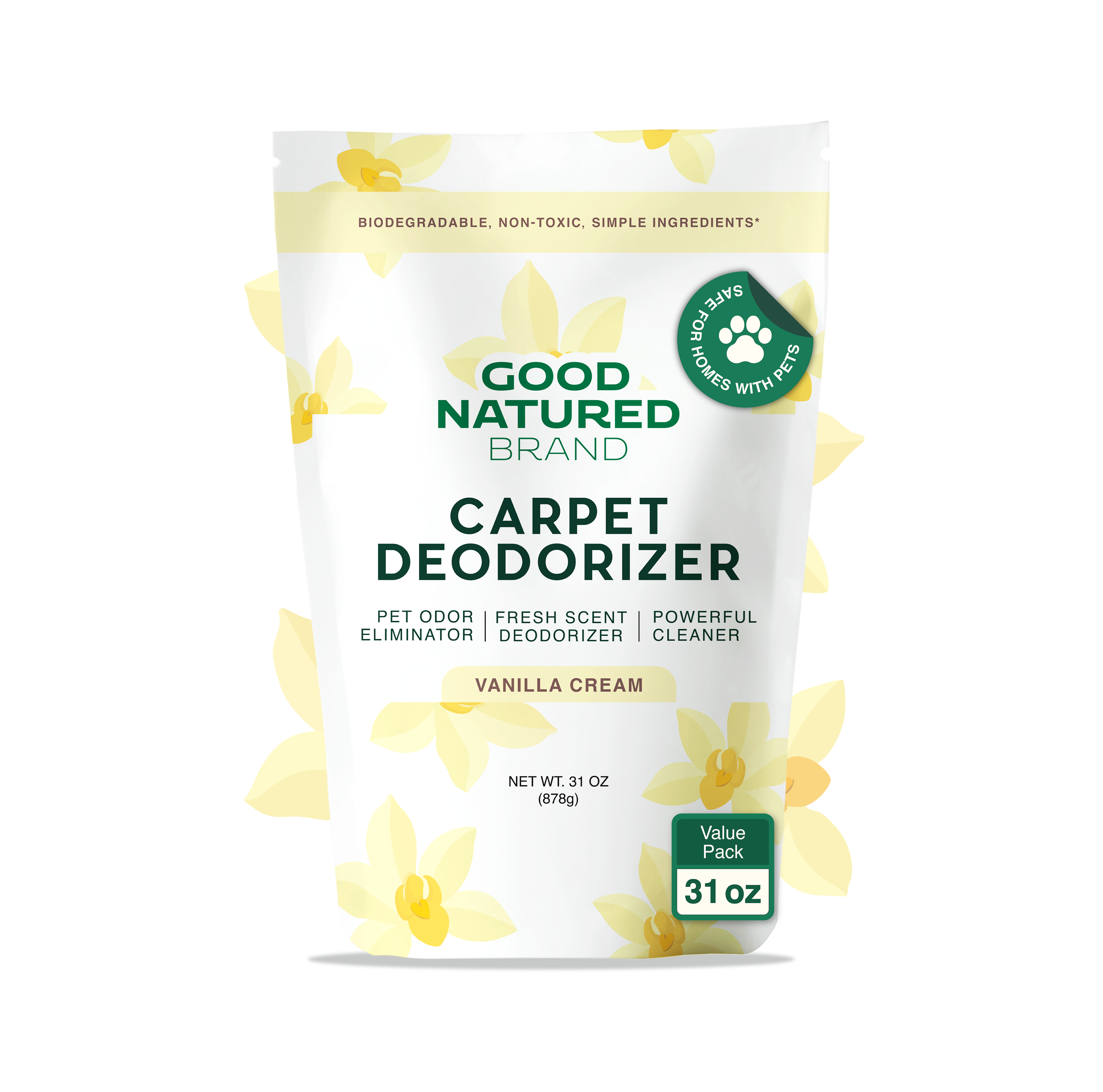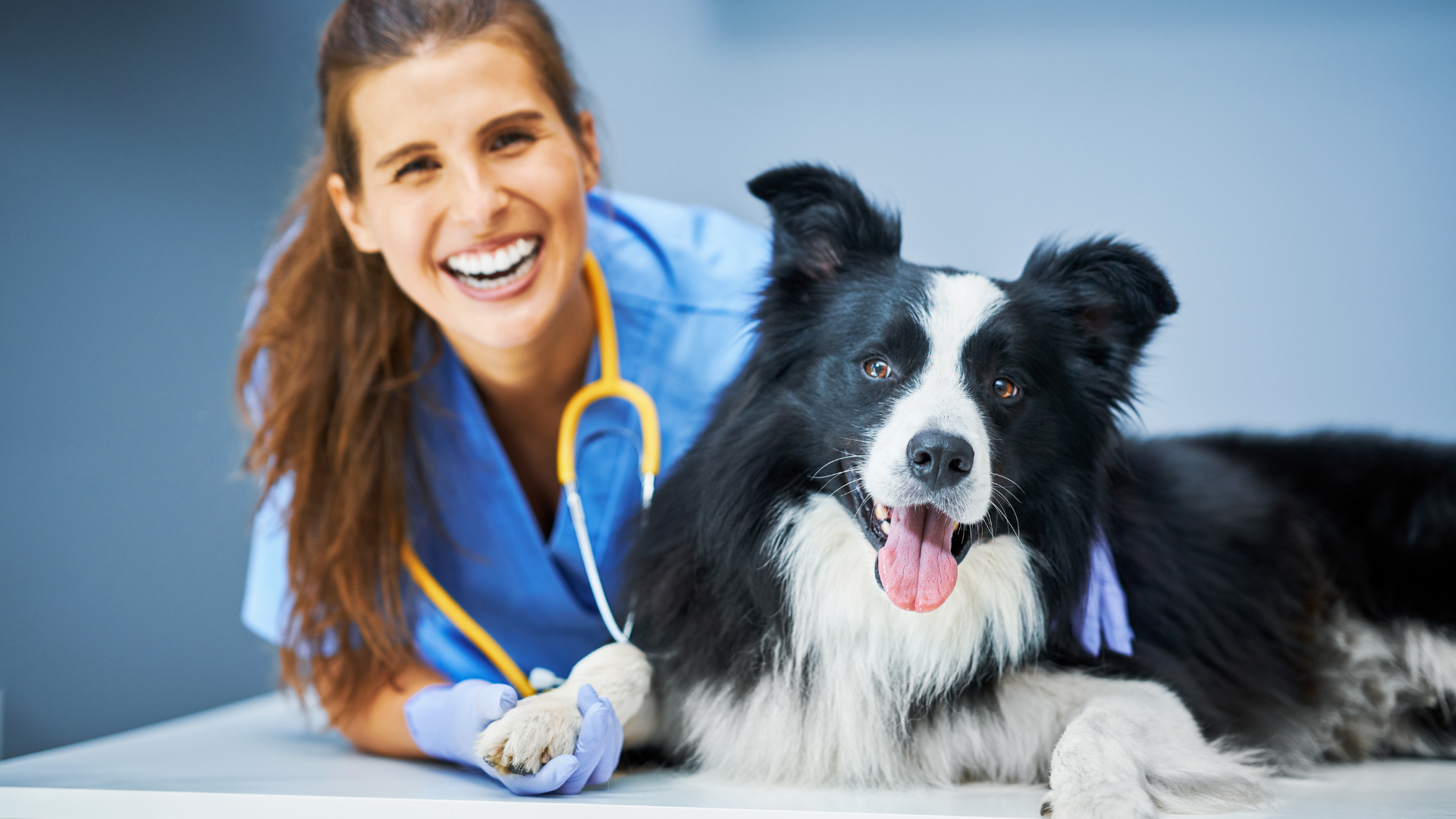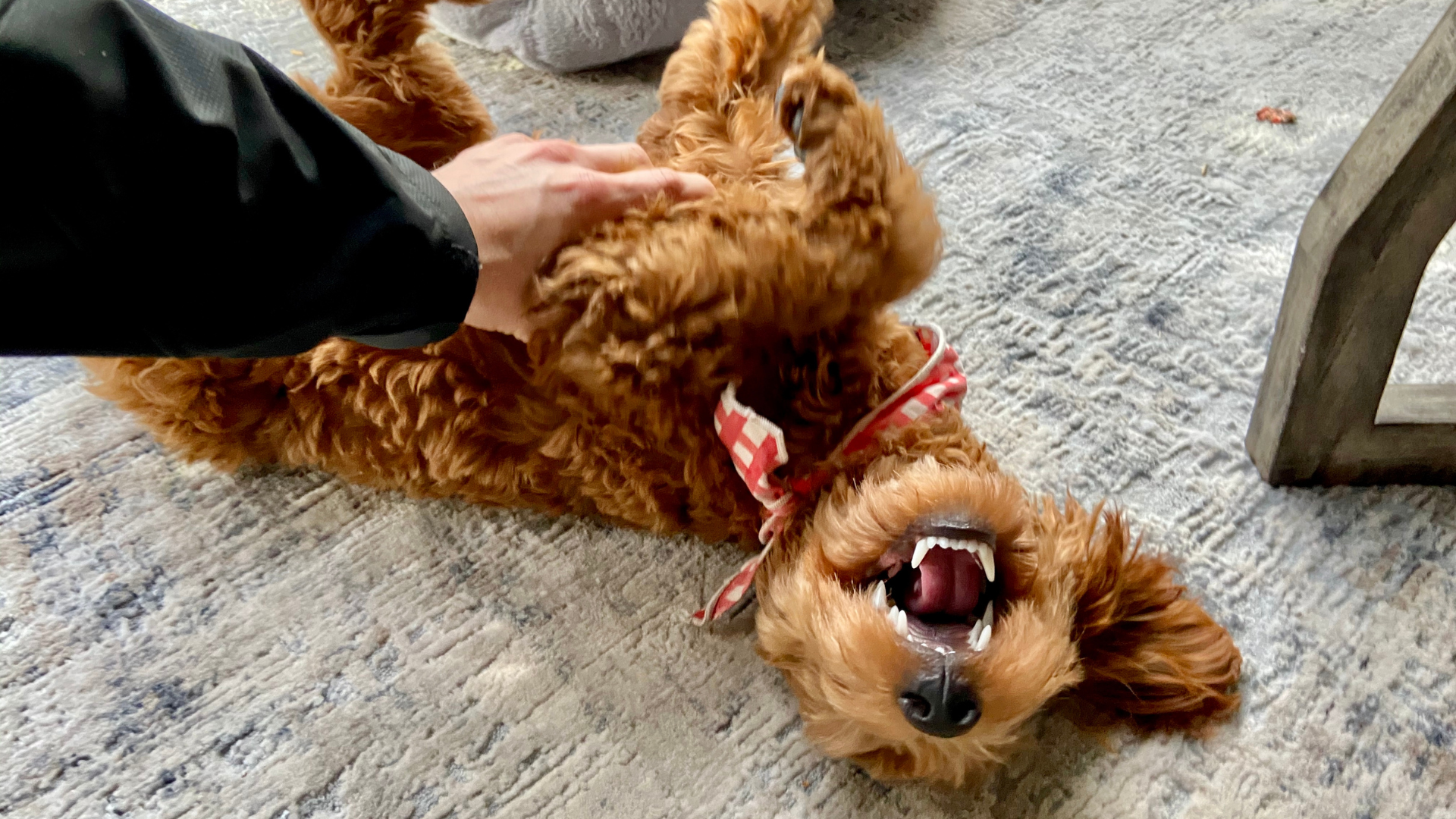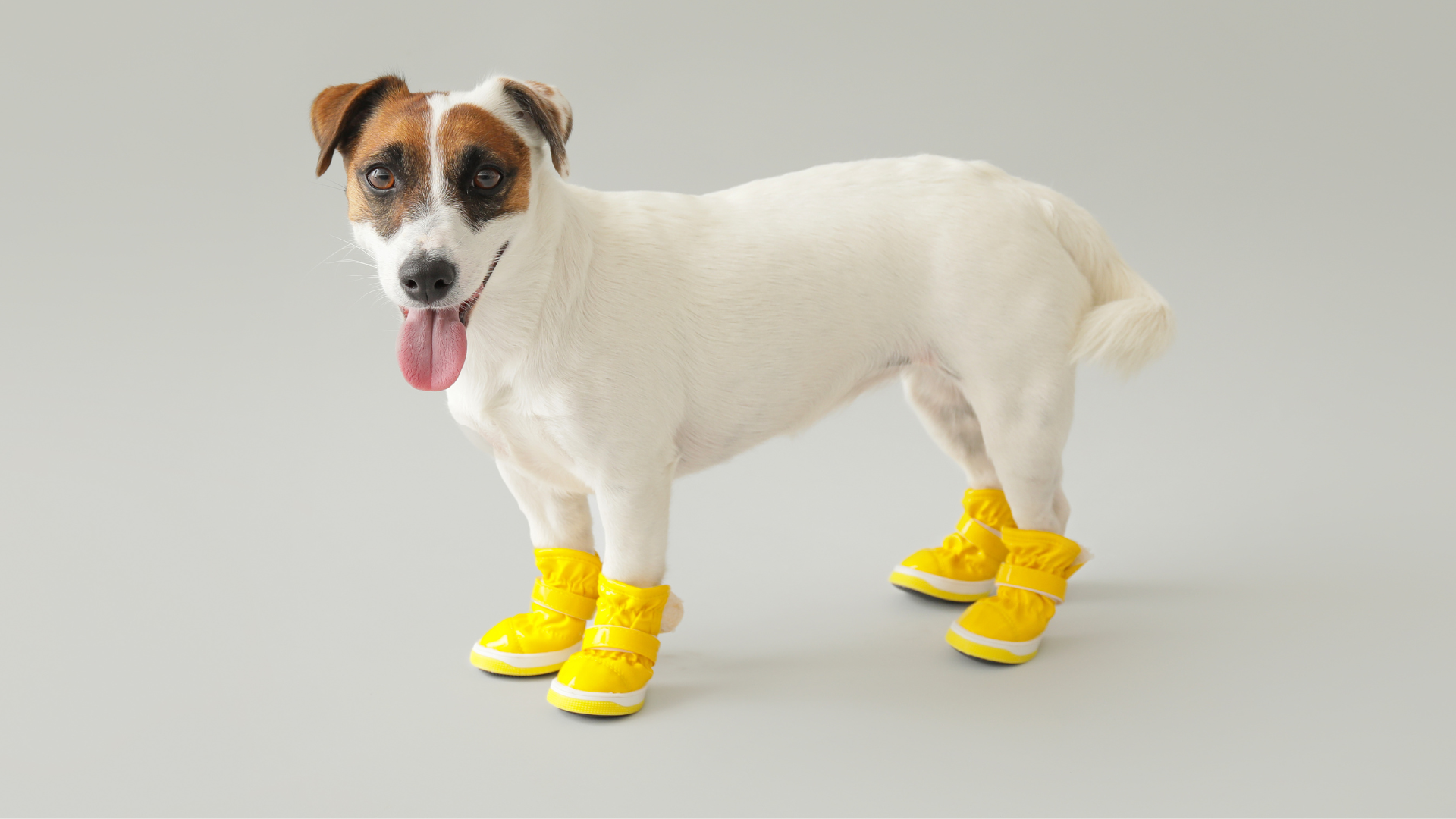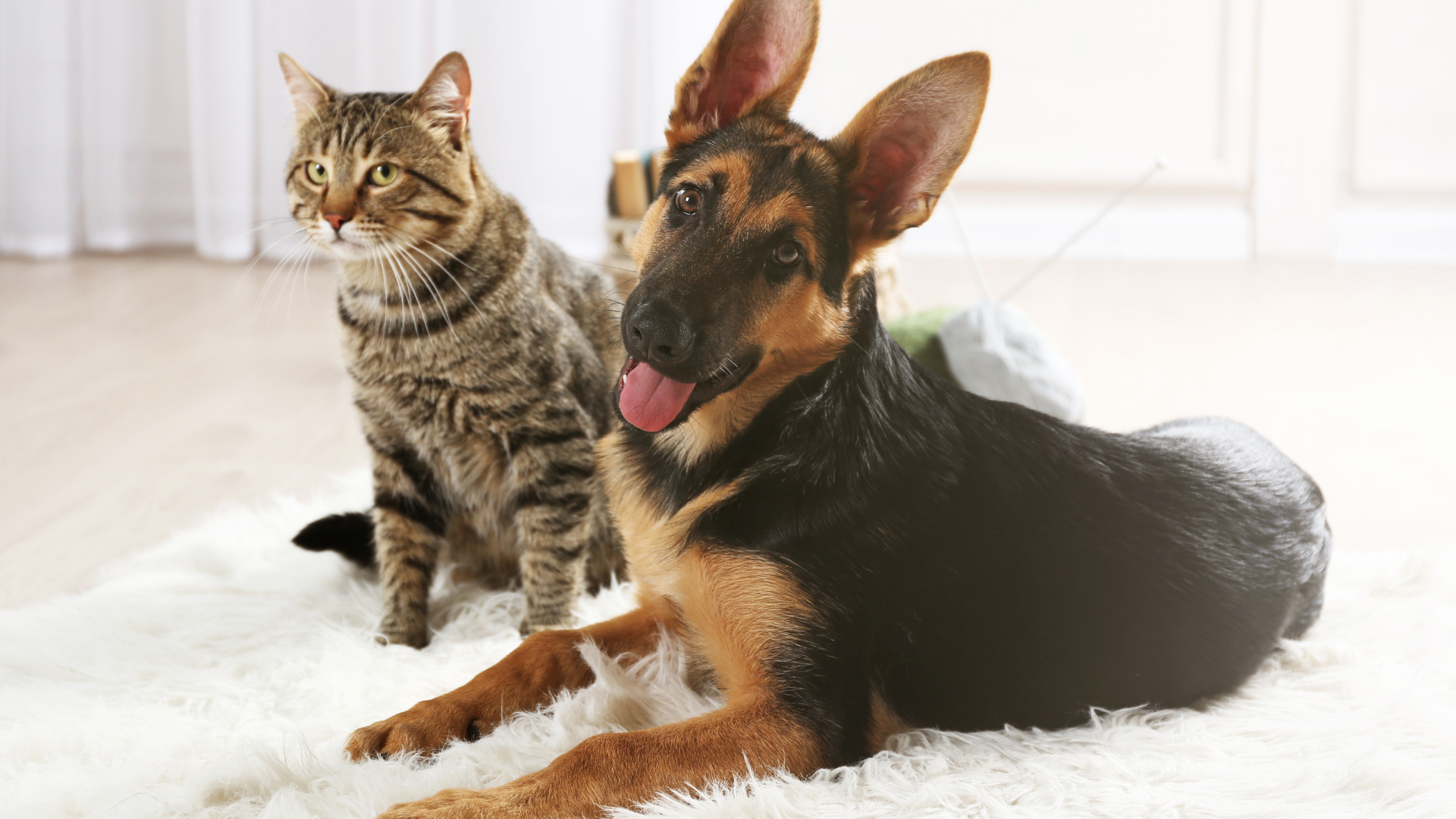Understanding the nuances of doggy dementia is crucial for every pet owner. As our furry companions age, they may experience cognitive decline, akin to dementia in humans, often referred to as Canine Cognitive Dysfunction (CCD). Recognizing the signs early can significantly improve your dog's quality of life and help you manage their condition effectively. In this blog, we will delve into what doggy dementia is, its common signs, the risk factors associated with it, and the importance of early detection through regular vet visits.
What is Doggy Dementia?
Doggy dementia, or CCD, is a degenerative brain disorder that affects older dogs. It leads to a decline in cognitive function, impacting their memory, learning ability, and overall behavior. While aging is a natural process, the cognitive decline associated with doggy dementia can be distressing for both dogs and their owners. Symptoms can vary widely among different dogs, but many exhibit significant behavioral changes that can be alarming.
Common Signs of Doggy Dementia
It is essential to be vigilant for the signs of doggy dementia, as early intervention can help manage the condition. Here are some common signs to watch for:
Behavioral Changes: Dogs with cognitive dysfunction may display increased anxiety, restlessness, or changes in their social behavior. They might withdraw from interaction with family members or seem disoriented in familiar environments, struggling to navigate their surroundings.
Cognitive Decline: Affected dogs might have difficulty learning new commands or may forget commands they previously knew. You may notice they become less responsive to your calls or commands, showing signs of confusion.
Changes in Sleep Patterns: Dogs with dementia may experience disrupted sleep patterns, characterized by increased sleep during the day and restlessness at night. This can lead to nighttime vocalization or pacing, disturbing both the dog and their human companions.
Altered Eating and Drinking Habits: Dogs with dementia may forget where their food and water bowls are located or may show changes in appetite, either eating less or becoming more picky about their food.
Risk Factors for Doggy Dementia
Understanding the risk factors associated with doggy dementia can help you monitor your pet's health more closely.
Age-related Factors: As dogs age, the likelihood of developing cognitive dysfunction increases. Most cases occur in dogs over the age of 10, and the risk escalates with advanced age.
Breed Predispositions: Certain breeds are more susceptible to developing CCD. Breeds like Dachshunds, Boxers, and Golden Retrievers tend to show cognitive decline more frequently than others.
Genetic Factors: Just as with humans, genetics can play a role in a dog's likelihood of developing cognitive dysfunction. If a dog’s parents or siblings have experienced cognitive issues, the risk may be higher for that dog.
Importance of Regular Vet Check-Ups
Regular veterinary check-ups are paramount in monitoring your dog’s health, especially as they age. During these visits, your veterinarian can conduct cognitive assessments and provide you with vital information on how to support your pet's health. Early detection of cognitive dysfunction is crucial, as it opens the door to management strategies that can significantly enhance your dog's quality of life.
Working closely with your veterinarian allows you to establish a tailored care plan that addresses your dog’s specific needs. You can discuss dietary changes, potential supplements, and other interventions that may help slow the progression of dementia. Additionally, regular vet visits can help rule out other health issues that may mimic or contribute to cognitive decline, ensuring a comprehensive approach to your dog's care.
Management Strategies for Doggy Dementia
Environmental Modifications
Creating a safe and familiar environment is crucial for dogs suffering from dementia. Dogs thrive on routine, and maintaining a consistent environment can help reduce confusion and anxiety. Here are some practical steps to modify your dog’s living space:
Designate a specific area for your dog that is free from clutter and hazards. This space should contain their bed, toys, food, and water bowls. Familiarity with this area can help your dog feel secure.
Use non-slip rugs to prevent slips and falls, as dementia can impair coordination and balance. Installing baby gates can also help keep your dog safe from stairs or other potentially dangerous areas.
Consider using calming products such as our eco-friendly Carpet Deodorizers. These products not only keep your home smelling fresh but can also create a soothing atmosphere for your pet.
Diet and Nutrition
A balanced diet plays a vital role in managing doggy dementia. Certain nutrients can support brain health and cognitive function. Here are a few dietary tips to consider:
Introduce a diet rich in antioxidants, omega-3 fatty acids, and B vitamins, which can promote cognitive function. Consider consulting your veterinarian for specific dietary recommendations tailored to your dog’s needs.
Incorporate supplements that may support brain health. Ingredients like fish oil, coconut oil, and specific vitamins can be beneficial. Always discuss these options with your veterinarian before introducing new supplements.
Monitor your dog’s eating habits closely. Dogs with dementia may forget to eat or drink, leading to dehydration or weight loss. Regular feeding schedules can help ensure they receive the nutrition they need.
Regular Exercise and Mental Stimulation
Physical activity and mental stimulation are essential for maintaining your dog’s overall health and cognitive function. Here are some effective strategies to keep your dog engaged:
Engage your dog in regular exercise. Daily walks, even short ones, can help keep their body healthy and their mind engaged. Adjust the intensity based on your dog's physical capabilities.
Incorporate brain games and interactive toys. Puzzle toys that dispense treats can stimulate your dog’s mind and keep them occupied. Simple games like hide-and-seek with treats can also encourage mental engagement.
Training sessions can help reinforce learned behaviors and provide mental stimulation. Keep training sessions short and positive to avoid frustration.
When to Consider Medication
In some cases, medication may be necessary to manage the symptoms of doggy dementia. Here are some key points to consider:
Consult your veterinarian if you notice significant changes in your dog’s behavior or cognitive function. They may recommend medications designed to improve cognitive function or reduce anxiety.
Common medications for doggy dementia include selegiline and other supplements that support brain health. Your veterinarian will help determine the best course of action based on your dog’s specific symptoms and needs.
Regular follow-ups with your veterinarian are essential to monitor the effectiveness of any prescribed medication and make necessary adjustments.
Emotional Support for Owners
Caring for a dog with dementia can be emotionally taxing. It’s essential to seek support for yourself as well. Here are some ways to cope:
Join a support group for pet owners dealing with similar challenges. Sharing experiences and advice with others can provide comfort and valuable insights.
Consider reaching out to a pet behaviorist or trainer who specializes in cognitive dysfunction. They can offer personalized strategies to improve your dog's quality of life and help you navigate the challenges.
Take time for self-care. Caring for a pet with dementia can be overwhelming, so ensure you’re also looking after your own emotional well-being.
Conclusion
Managing doggy dementia requires patience, understanding, and a proactive approach. By making environmental modifications, providing a balanced diet, engaging in regular exercise, and seeking veterinary guidance, you can enhance your dog’s quality of life. Remember to maintain open communication with your veterinarian and take care of your emotional health during this journey.
To support your dog's needs, explore our range of eco-friendly products such as Laundry Powders and All-Purpose Cleaners, which are designed with your family and pets in mind. Together, we can create a cleaner, safer, and healthier environment for our beloved companions.
